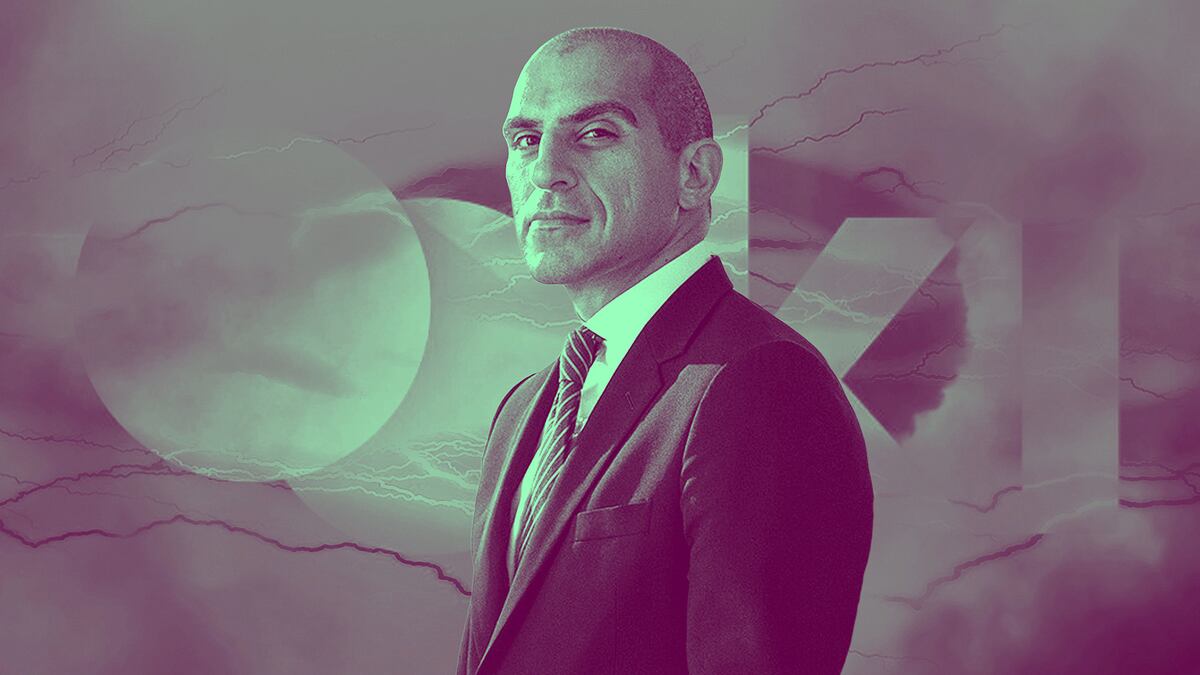- A new market structure bill for crypto would give more authority over digital assets to the CFTC.
- That’s sure to raise questions about the capacity of the underfunded agency to handle its new jurisdiction.
- CFTC chairs — including Gary Gensler — have complained for decades that the regulator is underfunded, even as its authority has grown.
A bill to create a crypto market structure, introduced in the House of Representatives late on Thursday, would give more authority over digital assets to the Commodity Futures Trading Commission.
That’s sure to raise questions — can the CFTC can handle oversight of another asset class without getting additional funding?
The Republican-drafted bill looks to provide a regulatory framework for crypto. It delineates the difference between securities and commodities.
It looks to adapt existing market structure for digital assets, and provide a clear pathway for registration with either the Securities and Exchange Commission or CFTC for crypto companies.
“The SEC’s existing regulatory regime is not designed to accommodate the registration and regulation of digital assets. The SEC has failed to provide the clarity these entities need to operate,” a fact sheet accompanying the bill said.
“Instead, the SEC has used its enforcement authority to regulate the market.”
The bill’s cosponsors, led by Agriculture committee Chair Glenn Thompson, say that 70% of digital assets should be classified as commodities. That’s counter to the views of SEC chair Gary Gensler, who has laid his agency’s claim to pretty much all assets besides Bitcoin.
NOW READ: A 162-page bill would give the CFTC big chunks of US crypto markets. Here’s what else is in it
But the bill does not offer more resources to either agency. That’s a problem, as successive CFTC chairs have complained for decades that the regulator is chronically underfunded, even as its authority has grown.
Gensler rammed through rule after rule, completing a large chunk of the CFTC’s entire agenda before his term ended in 2014.
Its current chair, Rostin Behnam, told lawmakers last month that his agency wants jurisdiction over digital assets but would need more funding.
Farming roots
The CFTC has over the years grown from a relatively sleepy agency policing futures in commodities like pork bellies and soybeans to overseeing a good chunk of the multi-trillion-dollar swaps markets.
Banks began experimenting with swaps from the 1970s, wrapping up different kinds of debt into increasingly esoteric and opaque instruments.
Global banks could make billions speculating on them for decades — ultimately with disastrous consequences.
The ensuing 2007 financial crisis led to major reforms by the Obama administration.
Among those, the formerly low-profile CFTC was handed oversight of almost the entire spectrum of the swaps market.
FTX founder Sam Bankman-Fried was among those who lobbied for laws that would hand power to the CFTC.
It suddenly had to make and enforce a raft of rules. The man for the job was Gensler, who became chair in 2009.
Against howls of protest from the banks and with staunch support from the administration, he rammed through rule after rule, completing a large chunk of the CFTC’s entire agenda before his term ended in 2014.
It’s an energetic approach he’s reprised as chair of the SEC, albeit with less political support this time around.
NOW READ: ‘Not a warm and fuzzy guy:’ Gary Gensler’s past sheds light on his firm stance on crypto
More power to the CFTC
Many in the crypto industry would like to have the CFTC as their primary regulator. There is a perception that as a smaller agency it would be less strict and that it’s more willing to work with the industry.
FTX founder Sam Bankman-Fried was among those who lobbied for laws that would hand power to the CFTC.
Certainly, the CFTC does seem more willing to take soundings from influential companies in the industry, even as its sister agency cracks down hard with a slew of enforcement actions and lawsuits.
The agency has a digital assets subcommittee, for which it recently announced new membership, including representatives from Polygon Labs and Uniswap.
But Behnam has countered the idea that his agency would be a more lax regulator than its sister agency. It hasn’t shied away from hammering crypto firms, including suing Binance exchange and its CEO Changpeng Zhao in March.
Nonetheless, observers worry that, with the best will in the world, the CFTC still doesn’t have the resources to regulate crypto. Its $681.3 million budget is less than a quarter of the SEC’s $3 billion.
Eighteen progressive consumer protection groups sent a letter to Washington lawmakers recently objecting to the fact that the market structure bill doesn’t give the CFTC more resources.
That’s “despite the likelihood that, if the bill passed, the agency would be flooded with crypto commodity self-certifications, making it even more likely that risky assets and bad actors would get rubber-stamped approval,” the letter said.
